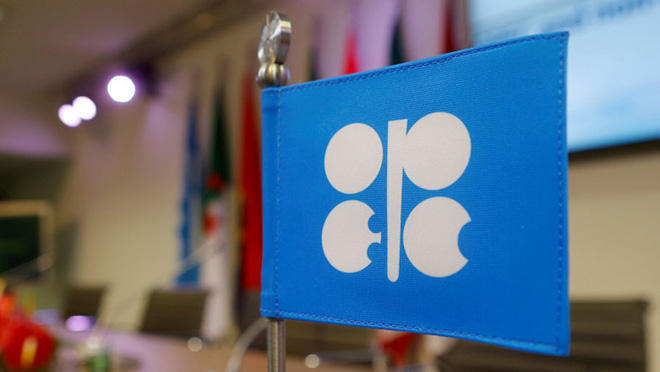Qatar’s OPEC exit: political and industrial pros and cons

By Trend
Withdrawal from OPEC aligns with Qatar’s long-term strategy of shifting focus towards gas and away from oil, according to Fitch Solutions Macro Research (a unit of Fitch Group).
The company believes this move will enable the country to work towards cementing its position as the world’s top LNG exporter.
In terms of politics, the move will create further political distance between Doha and Riyad that remain on opposite sides of the GCC diplomatic crisis, according to a report released by Fitch Solutions.
"Relations will likely keep on souring with GCC neighbours, especially Saudi Arabia and the UAE (also Bahrain, and Egypt) that have imposed a trade and travel boycott on the country since June 2017 over allegations of Qatar supporting terrorism."
As for the industrial implications of Qatar’s exit for OPEC, the company doesn’t expect this move to significantly affect OPEC’s ability to influence the oil market.
"Qatar is a fairly small crude oil producer that accounts for about 600,000 barrels per day of the roughly 30 million barrels per day produced by all OPEC members. We therefore do not expect its departure to either decisively affect OPEC’s ability to influence the oil market, or have a substantial impact on the price of oil," said the report.
Here we are to serve you with news right now. It does not cost much, but worth your attention.
Choose to support open, independent, quality journalism and subscribe on a monthly basis.
By subscribing to our online newspaper, you can have full digital access to all news, analysis, and much more.
You can also follow AzerNEWS on Twitter @AzerNewsAz or Facebook @AzerNewsNewspaper
Thank you!
